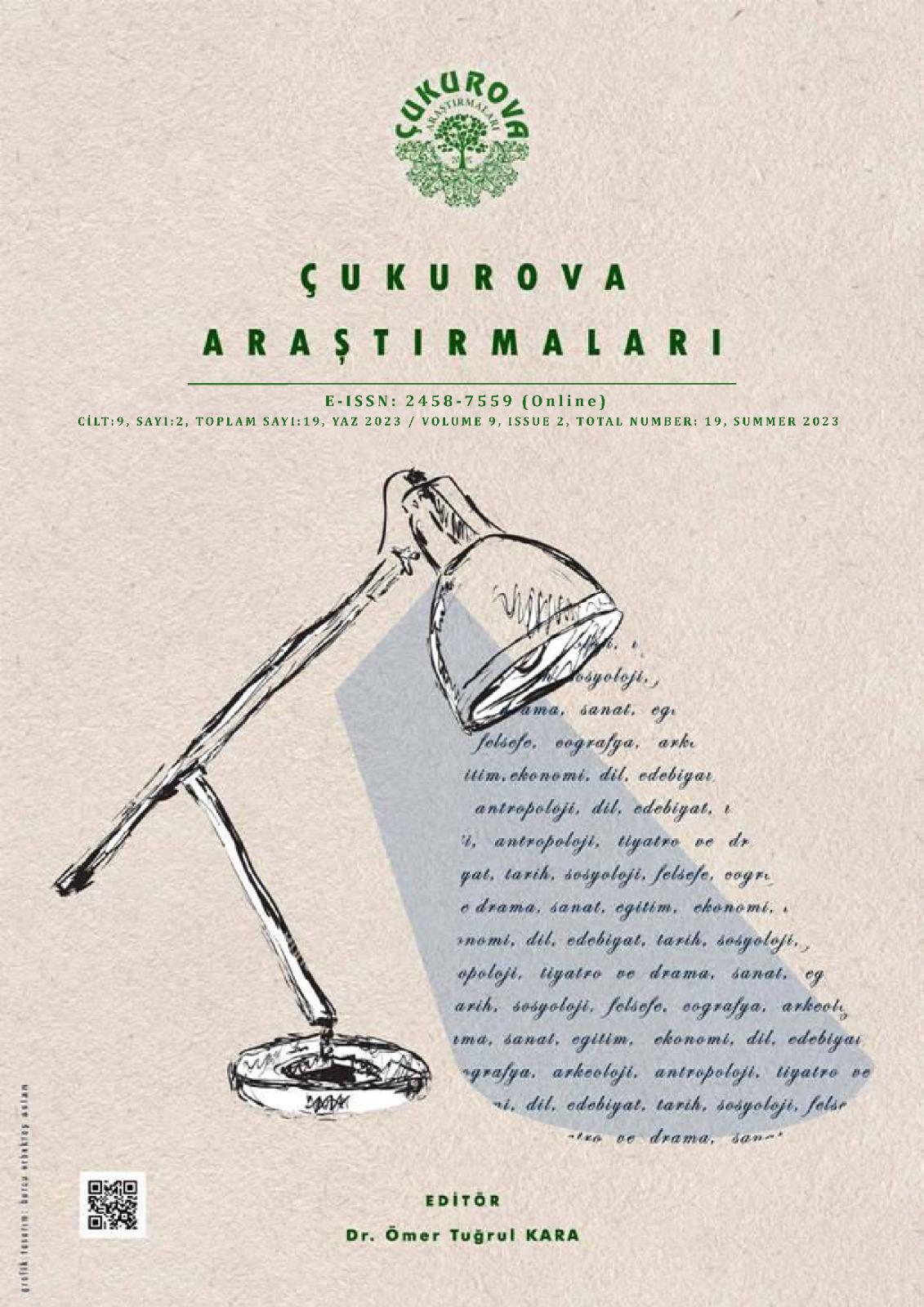Author :
Abstract
Keywords
Abstract
Down syndrome is a genetic disorder. Down syndrome, which occurs due to an extra chromosome in the 21st chromosome pair, has three types: Trisomy 21, Translocation, and Mosaicism. Down syndrome affects many essential components of language and pragmatic language, which is the most complex component of language. In this study, the objective is to determine the pragmatic language disorders in native Turkish-speaking children with Down syndrome and to compare them with the healthy, typical developing control group. The research design of this study is the comparative descriptive research model. A total of 35 children with Down syndrome between the ages of 5-12, and as the control group, 35 healthy, typically developing children with the same mental age as the participants were included in the study. The Turkish version of the Pragmatic Language Skills Inventory (PDBE-TV) was used in the study. Analysis of the data was carried out using the SPSS 25 program. The pragmatic language skills were found to be "very poor" in 54.3%, "poor" in 31.4%, and "below average" in 5.7% of the participants. When the data of the children with Down syndrome and the healthy, typical developing control group with the same mental age were compared, a statistically significant difference was found between the experimental and control groups for the scale and its sub-dimensions (p<.05). Accordingly, when the scores obtained from the scale and its sub-dimensions were taken into account, the scores of the participants in the control group were higher than the scores of those in the experimental group. According to the results obtained from this study, pragmatic language disorders are seen in native Turkish-speaking children with Down syndrome as in different native language-speaking children with Down syndrome due to the effects of the syndrome.





